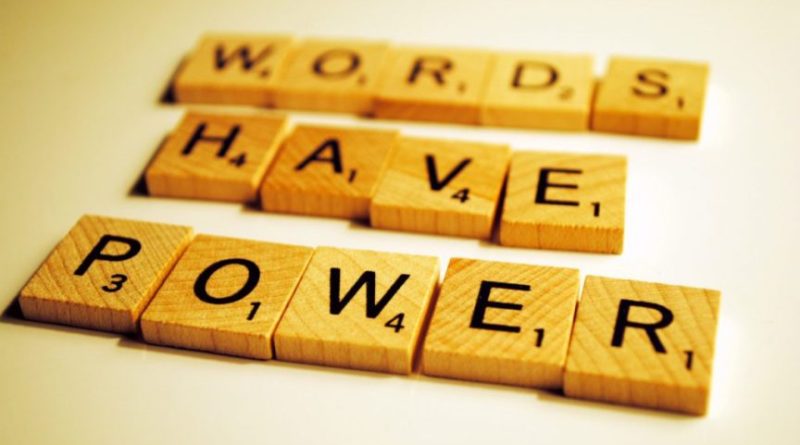7 Most Attention-Grabbing Words to Use in Your Online Marketing
Words are powerful. For marketers, they can mean the difference between successful conversions or a failed campaign. Certain words can pique a customer’s attention while others might repel them. So what words have the most power to get people interested in what you have to offer?
7 Words That Will Grab the Attention of Your Customers
1. Free
People love to get free stuff, so it’s no surprise that “free” is one of the most persuasive words in the English language. It’s often the primary factor in what product a customer chooses.
While the word can help with conversions, be mindful that it will also attract those who prefer bargains, and this might not be the type of customers you want. Instead, use it as a way to draw attention to your business, maybe by offering free guides, seminars, support, information, etc.
2. You
Using the word “you” in your marketing can be as attention-grabbing as calling someone by their name. It personalizes your message and helps you to quickly connect with your customers.
You can use this personalization to great effect in your email marketing. Make it more effective by developing distinct lists for your products and the customers who would prefer them. Integrate “you” in the message for a more personal touch.
3. Try
If your product is new to prospective customers, they’ll likely need time to decide on whether they want to buy it. Using the word “buy” can seem aggressive and could make the customer feel pressured. A better word to use is “try” since it’s non-threatening, but can still motivate people to act.
Give your customers a little push by encouraging them to try your product or service first. Offer a 14-day free trial period to test drive your brand or send them samples so they can know exactly what to expect from you.
4. New
When it comes to marketing, people prefer a recognized (or old) brand but love “new” products. This is due to the novelty aspect of an experience. It activates the brain’s reward center and is a great way to keep customers alert and interested.
You can keep your customers engaged by refreshing your website’s design or changing your product packaging. Add new features or find a different way of sending a message or making an offer. Your customers will be interested even in something as simple as a new background color for your ad.
5. Now
Delayed gratification has no place in marketing. Most customers want things immediately. So it’s no surprise that “now” is among the most powerful words in marketing. The word easily evokes your fear of missing out and pushes you to action. Your brain also gets all fired up as it imagines the rewards it will soon be receiving.
Make the most of the word and use it in your headlines, email subject headings, and calls-to-action. Boost the chances of instant conversions by making easily realized promises, like giving customers “Access Now” to services or by giving direct instructions on what they should do (Subscribe Now! Shop Now!). You can also use the word “instant” as it provides the same effect. In some cases, it might even generate a more powerful response.
6. Best
People love knowing which items or services are popular, especially when it appears to come from word-of-mouth. This is why consumers look for best sellers or are interested in the best products that a company has to offer. It also gives the impression that many people have already bought the product and had good results.
7. Easy
People want products or services that will make their lives simpler and easier. Use this adjective to call attention to the fact that your product will make things easy for them. Easy is also a very positive and encouraging word to customers.
Make the most of the word by using it to emphasize how easy your product is to use or operate. You can also interchange easy with other adjectives like “simple” or “hassle-free.” But be careful since the former tends to generate a simple response while the latter could cause customers to just focus on “hassle.”
And the Runner Up is…
If those seven words are the winners, then “sale” and “tips” are the runners-up. Sale is actually the granddaddy of advertising words. After all, who doesn’t love a good sale? The word also has the power to motivate customers into buying something. Meanwhile, customers love to receive suggestions on how they can do things better. This is why emails or blog posts with tips about a product or service are always appreciated.
Conclusion
You have to grab your customer’s attention if you want to win in digital advertising. These seven words are simple and can easily be included in any ad or conversation, yet they are powerful enough to generate interest among consumers. Learn to use them in the proper context and improve your online marketing.



